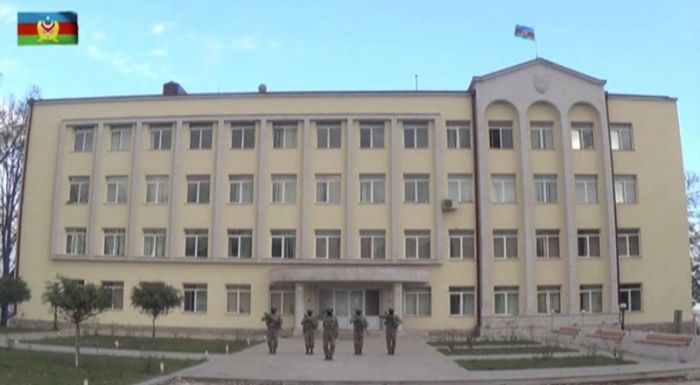BRASILIA/MEXICO CITY (Reuters) – The presidents of Latin America’s two largest countries have held back from congratulating Joe Biden for winning the U.S. presidential election, even as other leaders of allied countries around the globe sent their best wishes.
Biden, a Democrat, cleared the threshold of 270 Electoral College votes needed to win the presidency on Saturday, after four days of ballot counting following the Nov. 3 election. Incumbent Republican President Donald Trump has yet to concede.
Brazil’s right-wing President Jair Bolsonaro had boasted he would be the first leader in the world to congratulate Trump, for whom he has often expressed admiration, on his re-election. But he has been silent on the matter in recent days.
In Mexico, leftist President Andres Manuel Lopez Obrador reiterated he would not recognize the election winner until legal disputes were resolved, but said he had “no problem” with Biden.
Trump has launched an array of lawsuits to press claims of election fraud, without producing evidence. State officials have said they are not aware of any significant irregularities.
Lopez Obrador and Bolsonaro are part of a shrinking group of world leaders to not congratulate Biden that also includes Russia’s Vladimir Putin and China’s Xi Jinping.
Bolsonaro’s silence could herald a rocky start in bilateral relations with Biden, who is expected to put Amazon deforestation and human rights at the top of his agenda with Brazil.
“I think the president is waiting for this imbroglio over fraudulent votes to be resolved: if there is nothing, he will give his view,” Brazil’s Vice President Hamilton Mourão told reporters on Monday.
Bolsonaro will congratulate Biden “at the right time” and wait to see what happens with Trump’s lawsuits, Mourão said.
Lopez Obrador, who accused his opponents of electoral fraud during his unsuccessful 2006 and 2012 presidential bids, said he could not comment until the legal process was exhausted.
“How can a president of Mexico become a judge and say: ‘This candidate won’?” he said. “We have no differences with the Democratic Party candidate, Mr. Biden. No problem with him.”
‘SLIGHT’ WILL BE REMEMBERED
Lopez Obrador may be keen to avoid friction with the U.S. president, who has often used Mexico as a political punch-bag.
But U.S. Democratic lawmakers were unimpressed with his reluctance to congratulate Biden.
Henry Cuellar, a Texas Democrat lawmaker who chairs the U.S.-Mexico Interparliamentary Group, and a staunch ally of Mexico in efforts to avoid trade bust-ups under Trump, said he and others would continue working to deepen cross-border ties regardless.
But Lopez Obrador’s attitude looked like a “slight” against Biden and would be remembered by Democrats, he told Reuters.
“They’ve gotta do what they’ve gotta do,” said Cuellar. “And if they don’t want to upset Trump for the next two months, just keep in mind that Biden will be around for the next four years.”
Trump took office in 2017 pledging to build a wall on the U.S. southern border to keep out migrants, and last year threatened to impose tariffs on all Mexican goods if Lopez Obrador did not curb illegal immigration into the United States.
By contrast, Brazil-U.S. relations improved under Trump, with Bolsonaro aligning Latin America’s largest country closely with the United States since taking office in 2019.
He has followed Trump in distancing Brazil from multilateral agencies such as the World Trade Organization and the World Health Organization. Like Trump, he has also been dismissive of measures to slow the spread of the coronavirus, even as Brazil suffered the most fatal outbreak outside the United States.
For Thiago de Aragão, a senior associate at Washington’s Center for Strategic and International Studies, the close economic ties between Brazil and the United States mean the bilateral relationship will be resilient.
“The environmental issue could create friction, but there is no bad relationship that cannot be resolved with a phone call,” he said.
(Reporting by Dave Graham and Anthony Boadle; Editing by Frank Jack Daniel, Stephen Eisenhammer and Rosalba O’Brien)


























